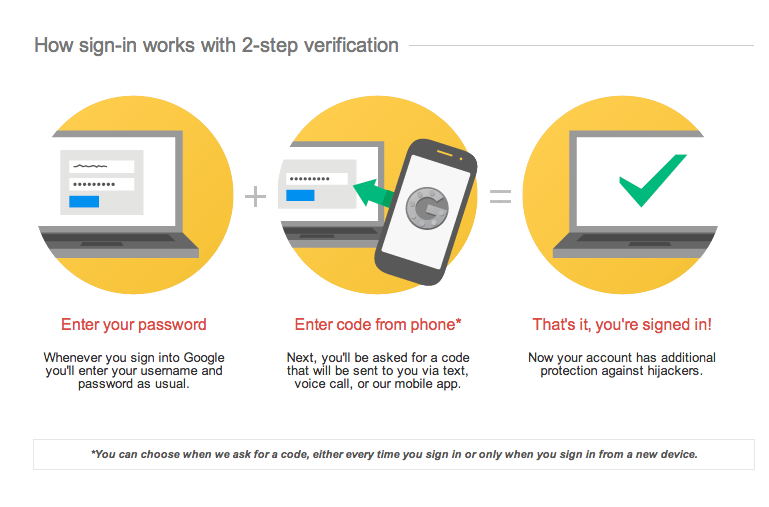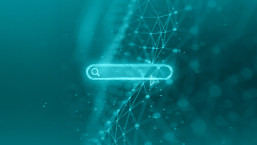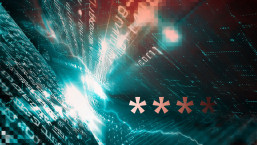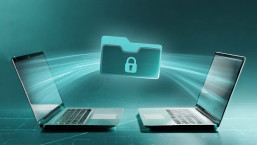Your email account can be used by cyber criminals to spread malware or attempt to steal personal details from you. Follow our tips for a safer email experience.
Create and use secure passwords
As with all your online activity, you should always choose passwords that are hard to guess and to crack. This means long passwords that consist of a mix of numbers and upper and lower case characters. Some email accounts will suggest how secure a password is when you set it up. Never use the same password for your email that you use for your online banking or online shopping accounts. It’s also a good idea to change your password every few months.

Google mail has a two step verification tool that provides extra security when you log in. A unique code is to sent to your mobile after you enter your password. So even if your password is stolen the attacker still cannot gain access to your Google email.
Be careful what you sign up for
One way to cut down on the amount of spam and suspicious email you receive is to limit the number of mailing lists you subscribe to. The more places your email address appears the more likely you are to receive unwanted email. Not all mailing list holders are scrupulous about protecting their lists or who they pass it on to.
Watch out for bogus links, attachments and offers
Be careful of downloading attachments from unknown sources and opening links in the body of an email, even if they have been forwarded by a friend. Links and attachments are ways that hackers can steal information from you or install viruses, spyware or Trojans. Instead of clicking links in emails, go to the website directly by typing the address into your browser.
Delete any unexpected emails that appear to come from your bank or credit card companies and ask you to log into your account. These will likely be attempts to steal your online banking details and passwords by sending you to a fake banking site which will ask for your banking login details - a process known as phishing. Your bank or other financial institution will never send emails like this or ever ask for your login details. Simply ignore and delete emails like this.
As for those amazing offers that you may receive via email - remember the golden rule, if it appears too good to be true, then it probably is. Finally never reply to a spam email - just delete it.
Remember to log out
Sounds obvious but always log out of your email client when you have finished, even at home. It is especially important at work and if you check your email on a public computer. As well as protecting you against hackers it will also protect you from office pranksters.
Install anti-malware software that includes email and spam protection
A good anti-malware package will automatically include email protection such as spam filters and block viruses and other malware from reaching your inbox. Web-based email such as Hotmail and Google will offer such protection as well and you can help by marking up any spam that gets through. ESET also offers excellent protection for home users and enterprises.




